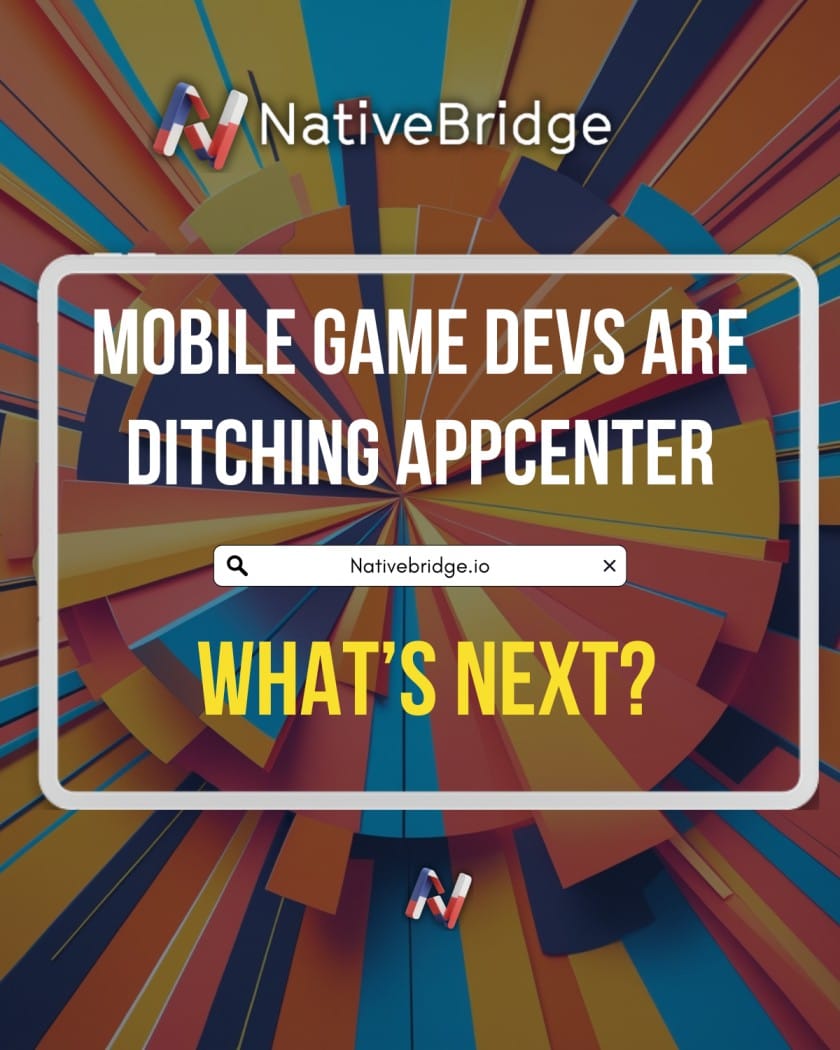Mobile Game Devs Are Ditching AppCenter: What’s Next?

For years, Microsoft AppCenter has been a go-to for developers seeking a one-stop platform for building, testing, and distributing their mobile apps. But the tide is shifting. In 2025, mobile game devs-especially indie developers and small studios-are increasingly turning away from AppCenter in search of lighter, more specialized tools. So, what’s next?
Why Are Developers Moving Away From AppCenter?
There are several reasons mobile game developers are rethinking their reliance on AppCenter:
1. Sunset Signals
Microsoft announced plans to phase out portions of AppCenter in late 2024, causing concern among developers who rely on it for continuous integration (CI), crash reporting, and distribution. This uncertainty has led many to start seeking alternatives that promise longer-term support.
2. Overkill for Indies
AppCenter offers an expansive suite of services-but not all of them are necessary for small teams or solo devs. For many, it feels bloated. The UI/UX can be overwhelming, and the configuration process more complex than needed for basic game development needs.
3. Lack of Game-Centric Features
AppCenter was designed with general mobile apps in mind. For game devs using Unity, Unreal, or Godot, the tooling often feels like a mismatch. Game-specific analytics, GPU stress testing, and asset management aren’t part of the equation.
The Rise of Modular Tools
The exit from AppCenter doesn’t mean devs are going barebones-they’re assembling a new stack using more focused, modular tools.
- Unity Cloud Build and Unreal Engine's native build tools offer more game-centric CI/CD pipelines.
- Sentry and Bugsnag provide deeper crash analytics for both game and non-game apps.
- Firebase continues to be a top choice for backend services like authentication, cloud storage, and real-time databases.
- TestFairy and HockeyApp (until its end-of-life) helped with distribution, but newer platforms are now stepping up.
Where NativeBridge.io Fits In
A standout player in this transition is NativeBridge.io, a modern platform purpose-built for developers who want fast, no-install previews of their native mobile builds.
Imagine this: you’ve just exported an APK or an iOS build of your Unity game. Instead of sharing a download link, waiting for testers to sideload it, or uploading to a slow beta platform, you upload it to NativeBridge.io and generate a browser-accessible link. No installs, no emulators- tap and test.
NativeBridge.io is especially useful for game devs who:
- Want to share builds with teammates, investors, or beta testers in seconds
- Are building across iOS and Android and need platform-agnostic testing
- Care about speed and iteration cycles
- Prefer simplicity over setting up complex pipelines
It integrates smoothly with most build tools and CI workflows and is quickly becoming the go-to alternative for devs tired of bloated, slow tools like AppCenter. It’s also perfect for hiring flows: want to test a candidate's changes to your mobile game? Upload their build and share the link instantly.
Indie and Small Studio Devs Lead the Way
Smaller teams tend to be more agile and open to trying out new tools. NativeBridge.io and similar platforms are gaining popularity among:
- Solo developers juggling multiple responsibilities
- Freelancers building white-label or one-off games
- Startups aiming to reduce deployment friction
These devs need tools that can scale as they grow, but also provide immediate value. NativeBridge.io checks all the boxes: real-device testing, no install hassle, and blazing-fast feedback loops.
Trending Tools Game Devs Are Switching To
In addition to NativeBridge.io, here's what the new stack looks like in 2025:
- Unity Cloud Build + GitHub Actions: For build automation
- Firebase + Supabase: For backends and real-time services
- PlayFab: For live ops, leaderboards, and multiplayer management
- Amplitude + GameAnalytics: For tracking player behavior
- Figma + Rive: For design and animation workflows
- Bitrise: For advanced CI/CD in bigger teams
Conclusion: A Leaner, Faster Future
AppCenter had a good run. But mobile game development in 2025 demands leaner, more targeted tools that don’t bog teams down. Developers today prioritize collaboration, fast feedback loops, and tools that plug directly into their workflows. That’s why platforms like NativeBridge.io are not just alternatives-they’re the future.
If you’re building mobile games in 2025 and still relying on outdated, complex distribution tools, it might be time to try something new. NativeBridge.io makes testing and sharing mobile game builds so easy, it feels like cheating. Upload, share, test-all from your browser.
Say goodbye to clunky installers and hello to the new era of mobile game dev tools.
